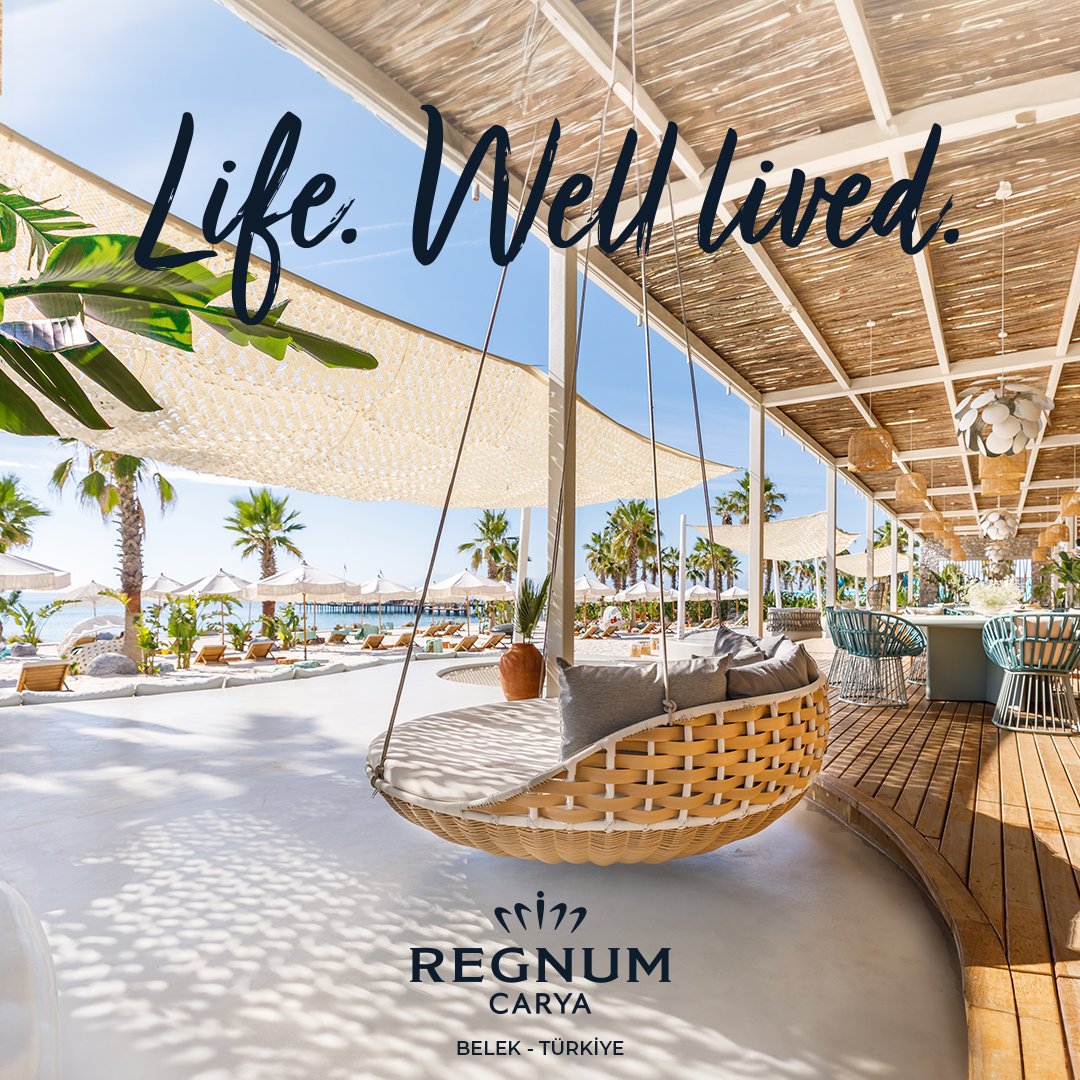Consumers in favour of sustainable travel but cost is king
- 1/27/2025
- 398 Day

The World Travel & Tourism Council
(WTTC) unveiled its latest report today, exploring the critical gap between
travellers’ desire for sustainable options and their actual behaviour.
Launched today at FITUR 2025, Madrid, the report
Bridging the Say-Do Gap: How to Create an Effective Sustainability Strategy by
Knowing Your Customers was developed in collaboration with WTTC knowledge
partner YouGov.
The report explores the disconnect between what
travellers say about sustainability and the choices they ultimately make.
It provides actionable guidance to Travel &
Tourism businesses on how they can address this gap by offering solutions that
make sustainable travel both more accessible and more attractive, ultimately
balancing economic growth and environmental responsibility.
The study, drawing on a survey of more than 10,000
respondents, categorised travellers into six consumer segments, ranging from
the eco-conscious “Hopeful Worriers” to the disengaged “Climate Change
Agnostics”. Each group comes with unique behaviours, priorities, and barriers
to selecting sustainable choices.
Understanding these diverse perspectives is essential
for businesses to craft effective sustainability strategies that resonate with
their audience and drive real impact.
According to the data, cost and quality remain the
dominant priorities for travellers, outweighing sustainability considerations.
Across all consumer segments, more than 50% say cost is the most important
factor influencing purchasing decisions, while around 30% prioritise quality.
In stark contrast, sustainability is a primary factor
for only a small minority, ranging from 11% to 7%, even among the most
environmentally conscious groups.
A lack of visibility also remains a significant
barrier to progress. Over 10% of respondents reported no exposure to
sustainability messaging or information through any channel, including
mainstream media, social platforms, or community-driven initiatives.
Julia Simpson, WTTC President & CEO, said:
“Travellers care about sustainability but when buying travel, cost and quality
are king. Customers expect businesses to create affordable sustainable options.
But many WTTC companies inspire change – whether that is regrowing coral reefs
or reducing food waste. Customers engage with brands that have strong values.
“I am delighted to collaborate with YouGov for such a
crucial piece of work. By closing the say-do gap, we not only protect the
planet but ensure more rewarding experiences for customers and a brighter and
more resilient future for our planet.”
Research was also carried out by WTTC Member,
Trip.com, culminating in The Sustainable Travel Consumer Report 2024.
Trip.com’s report supports WTTC findings, noting the importance of cost and
making sustainability hassle-free, encouraging consumers towards more
sustainable action.
Business Recommendations
WTTC’s report offers seven key recommendations to help
the industry bridge this divide, calling on businesses to lead by example,
partnering where possible with other businesses and governments on
sustainability initiatives.
To drive real change, the report recommends
highlighting the economic and personal benefits of sustainable travel, ensuring
eco-friendly options are simple and convenient for consumers, and introducing
tiered reward programmes to motivate action at all levels.
Tailored marketing that speaks directly to the values
and needs of individual consumers has been shown to significantly increase
engagement across different segments. Designing out unsustainable options to
make sustainability the default choice can facilitate the decision-making
process and improve the overall experience.
Many Travel & Tourism companies are actively
adopting sustainable practices and communicating them to consumers.
Intrepid Travel prominently labels trip itineraries
with their carbon impact and offsets emissions automatically. Iberostar
leverages AI technology to reduce food waste in its hotels and prioritises
underutilised fish stocks. Hilton has equipped over 1,800 hotels with EV
charging points, with nearly a third of its EMEA properties powered entirely by
renewable energy.
As climate action becomes an imperative rather than an
option, this report equips businesses with the tools and insights they need to
thrive in a rapidly changing world.
WTTC urges all Travel & Tourism business leaders
to leverage this report to inspire innovation and chart a sustainable path
forward.








